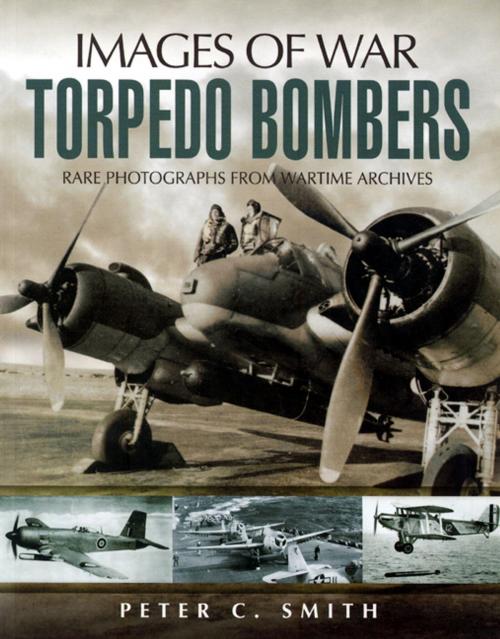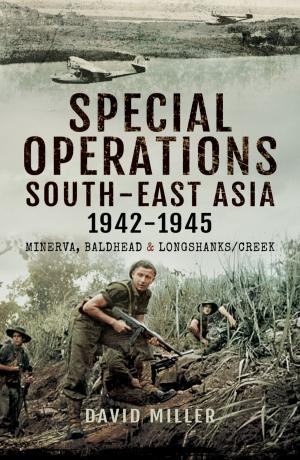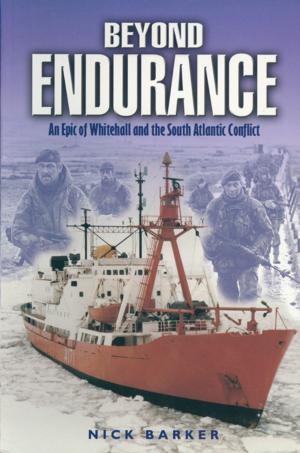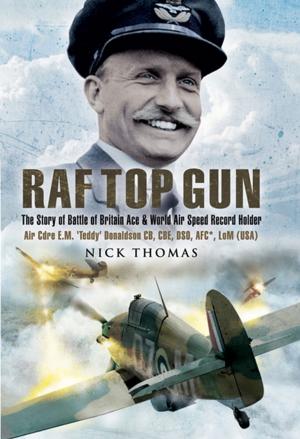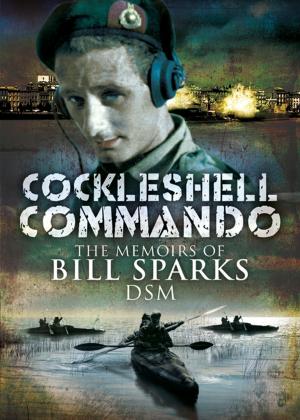| Author: | Peter Smith | ISBN: | 9781783038732 |
| Publisher: | Pen and Sword | Publication: | March 27, 2008 |
| Imprint: | Pen and Sword | Language: | English |
| Author: | Peter Smith |
| ISBN: | 9781783038732 |
| Publisher: | Pen and Sword |
| Publication: | March 27, 2008 |
| Imprint: | Pen and Sword |
| Language: | English |
This is a highly illustrated history one of the most deadly types of atta aircraft. The torpedo bomber first appeared during the later years of World War One but served their most useful role in the Second World War.
The most famous attas include Taranto, where Fairey Swordfish destroyed the Italian Battle fleet and the infamous surprise atta on Pearl Harbor by the Japanese. In both these cases the attas were against ships laying in harbor and therefore stationary.
Heavy defensive anti-aircraft fire was the greatest danger to the torpedo bombers in those circumstances but ships under way in the open sea had far more room to take evasive action. The lengthy time it took a torpedo to reach its target allowed many ships to escape destruction. However notable exceptions were the sinking HMS Prince of Wales and HMS Repulse by the Japanese during the early stages of the war in the Far East.
During the hunt for the Bismar it was an air-launched torpedo from a Swordfish that severely damaged the ship’s steering gear and enabled the Royal Navy to close in for the final kill. Some of the types included are the Fairey Swordfish, Bristol Beaufort, Fairey Albacore, Bristol Beaufighter, Heinkell He 115, Marchetti SM.79, Fokker T.VIII, Grumman Avenger and the Nakajima B5N.
This is a highly illustrated history one of the most deadly types of atta aircraft. The torpedo bomber first appeared during the later years of World War One but served their most useful role in the Second World War.
The most famous attas include Taranto, where Fairey Swordfish destroyed the Italian Battle fleet and the infamous surprise atta on Pearl Harbor by the Japanese. In both these cases the attas were against ships laying in harbor and therefore stationary.
Heavy defensive anti-aircraft fire was the greatest danger to the torpedo bombers in those circumstances but ships under way in the open sea had far more room to take evasive action. The lengthy time it took a torpedo to reach its target allowed many ships to escape destruction. However notable exceptions were the sinking HMS Prince of Wales and HMS Repulse by the Japanese during the early stages of the war in the Far East.
During the hunt for the Bismar it was an air-launched torpedo from a Swordfish that severely damaged the ship’s steering gear and enabled the Royal Navy to close in for the final kill. Some of the types included are the Fairey Swordfish, Bristol Beaufort, Fairey Albacore, Bristol Beaufighter, Heinkell He 115, Marchetti SM.79, Fokker T.VIII, Grumman Avenger and the Nakajima B5N.
